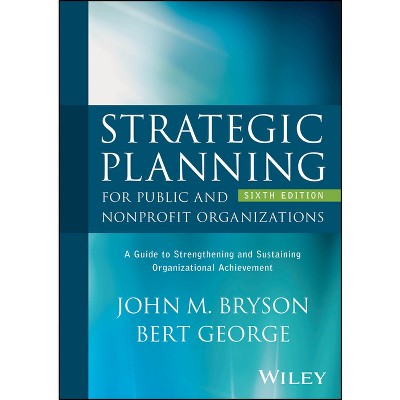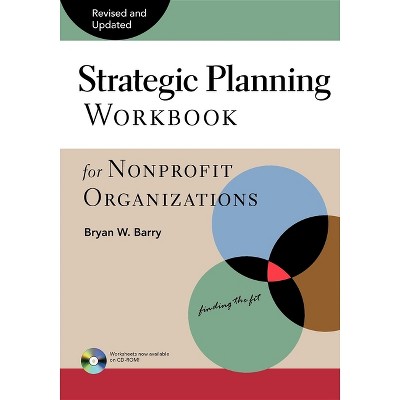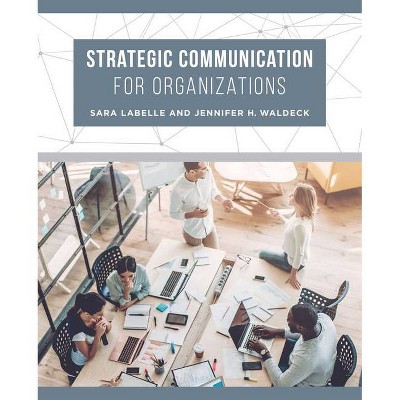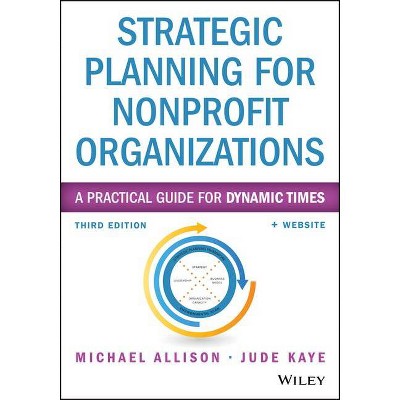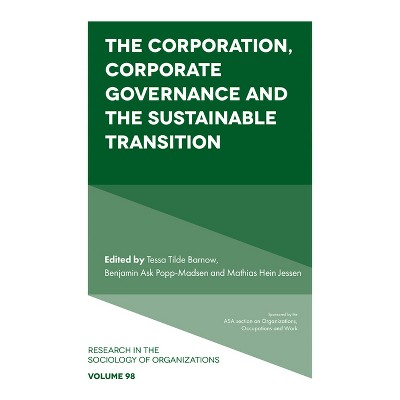Sponsored

Responsive Structures in Multinational Organizations - (Emerald Studies in Global Strategic Responsiveness) (Hardcover)
Pre-order
Sponsored
About this item
Highlights
- Multinational organizations are faced with ongoing shifts in socio-economic conditions and cultural demands in diverse market contexts.
- About the Author: Torben Juul Andersen is Professor of Strategy and International Management and Director of the Global Strategic Responsiveness Initiative, Department of International Economics, Government and Business at the Copenhagen Business School, Denmark.
- 208 Pages
- Business + Money Management, Globalization
- Series Name: Emerald Studies in Global Strategic Responsiveness
Description
About the Book
Chapters are presented here from around the world exploring operational management, the global-local nexus, tacit knowledge in MNCs, corporate culture, employee mindfulness and setting out a future pathway for developing effective MNC structures.
Book Synopsis
Multinational organizations are faced with ongoing shifts in socio-economic conditions and cultural demands in diverse market contexts. Adapting to these changing conditions will require a balance between hierarchical and networked structures that enable integration of autonomous and inclusive modes of local business activities. From this vantage point, we explore central aspects of empathy and mindfulness as the means to accommodate different assumptions between headquarter managers and employees dispersed across host countries with diverse cultural norms and values. Chapters are presented here from around the world exploring operational management, the global-local nexus, tacit knowledge in MNCs, corporate culture, employee mindfulness and setting out a future pathway for developing effective MNC structures. Emerald Studies in Global Strategic Responsiveness aspires to disseminate new inspiring research insights as a potential catalyst for the development of effective approaches to deal with the exposures imposed by dynamic complexities in the global business environment. The implied organizational and societal challenges require effective responses from both public and private organizations induced by supportive policy initiatives. The associated challenges are beyond the control of executive powers and exceed the capacity of single institutions thus underpinning a call for collaborative approaches and collective actions to foster viable solutions for a sustainable future.
About the Author
Torben Juul Andersen is Professor of Strategy and International Management and Director of the Global Strategic Responsiveness Initiative, Department of International Economics, Government and Business at the Copenhagen Business School, Denmark.
Michael Jakobsen is Emeritus Associate Professor at the Department of International Economics, Government and Business, Copenhagen Business School.
Shipping details
Return details
Frequently bought together


Trending Non-Fiction










